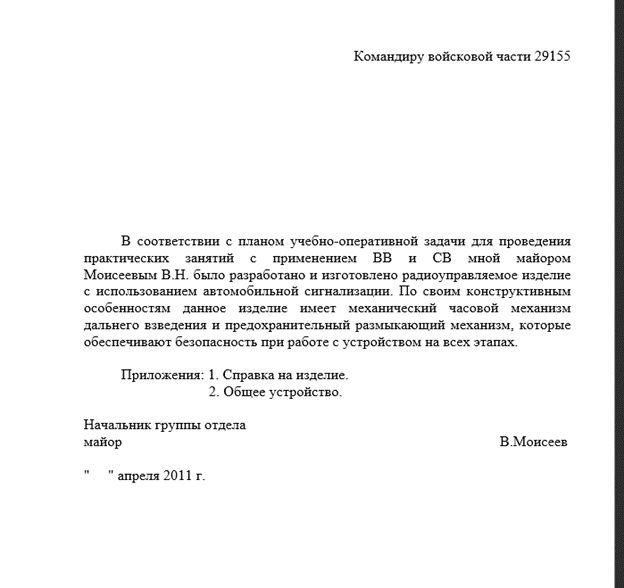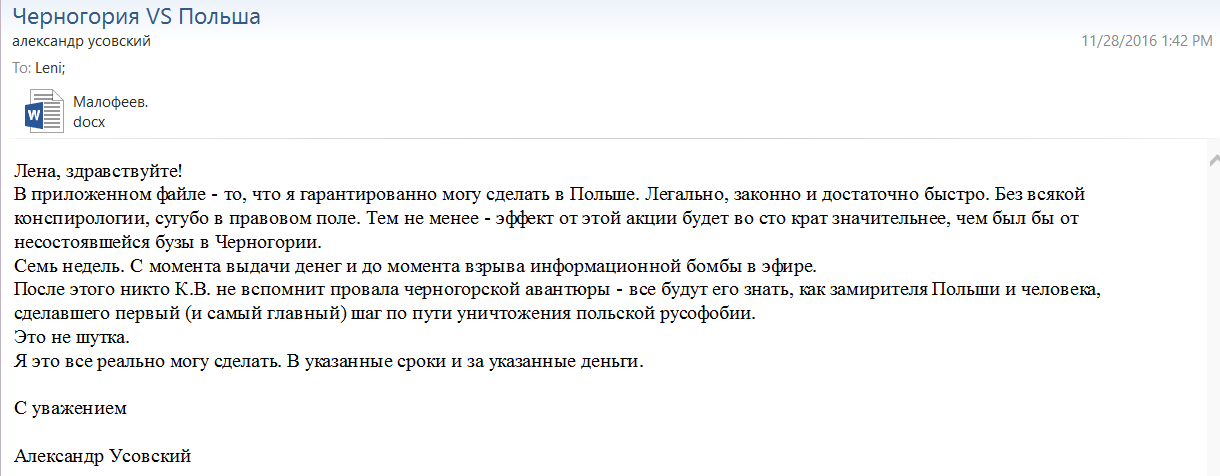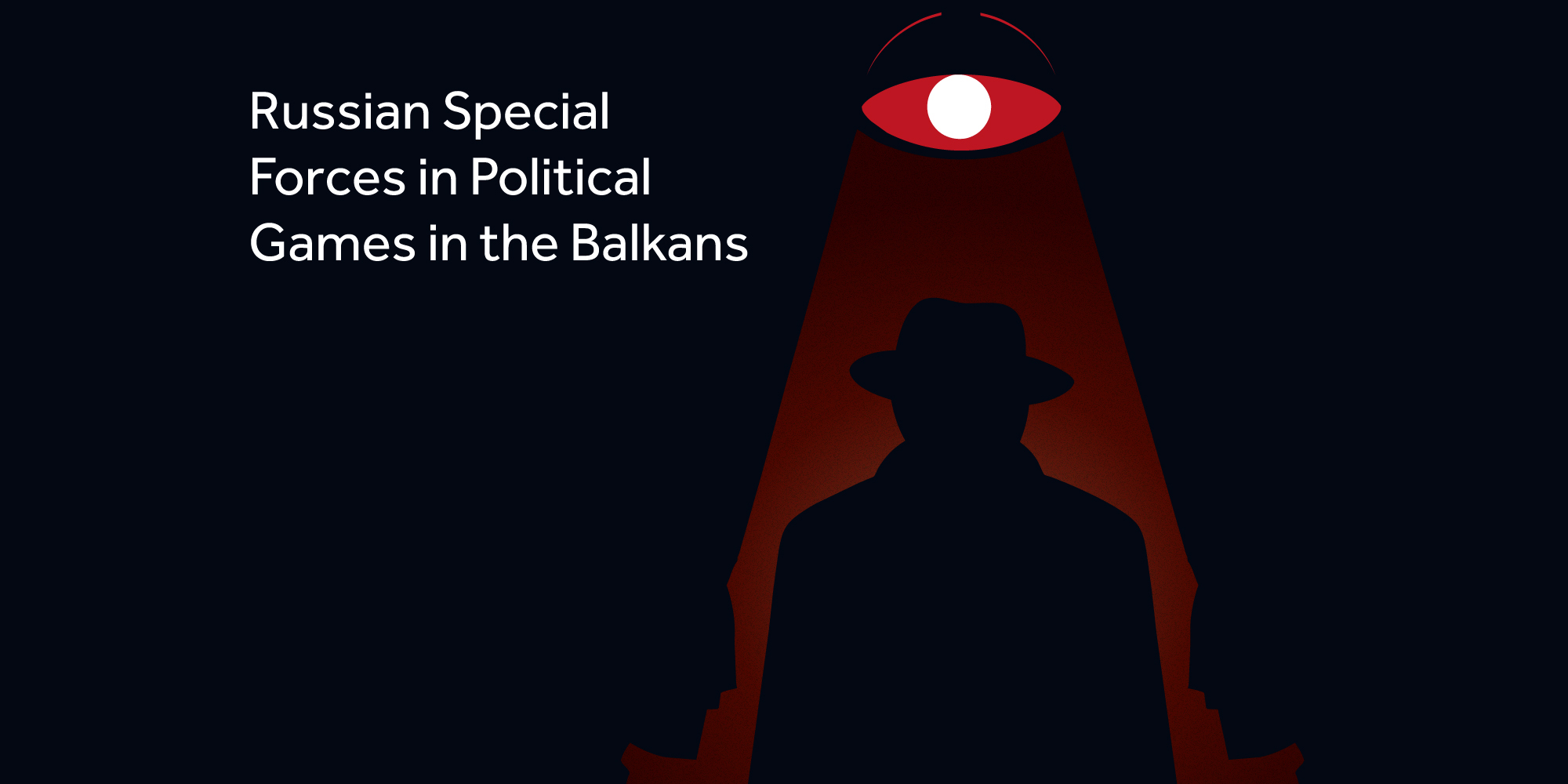Annual reports from the State Department, the EU, and non-governmental organizations across Europe show a wide range of techniques that Russia, through its instruments of sharp power (including SVR and GRU), uses for political influence. Reports contain details about the implementation of such activities, which are believed to aim at changing European policy and decision-making, thus weakening NATO and the EU.
The acquittal by the High Court in Podgorica in the 2016 attempted terrorism case cast a shadow on the role of two members of the Russian military intelligence agency GRU in that event. Without getting into interpreting the court decision, it is important to state the facts that unequivocally indicate the involvement of GRU agents in the events on the day of the parliamentary elections in October 2016 in Montenegro. The DFC, in its studies Russia’s Role in the Balkans: The Case of Montenegro and Russian Hybrid Activities in the Western Balkans: Shadow Games, pointed out the role of Russia and Russian state authorities in attempting to prevent Montenegro from its path to NATO and EU membership.
According to data from the Royal United Service Institute (RUSI), the Russian 161st Special Purpose Specialist Training Center (Центр подготовки специалистов специального назначения) was tasked with carrying out activities in 2016 to prevent Montenegro from joining NATO. In the case publicly known as the 2016 coup attempt, Vladimir Moiseev (Popov), a member of the GRU 29155 special operations unit – subordinated to that center – played an active role. He has remained an active member of that unit to this day. Additionally, as a specialist in assassinations and sabotage, he was involved in the early days of the Russian aggression in Ukraine to neutralize the political leadership of that country in Kyiv.
The false name that Moiseev used since joining unit 29155 is Vladimir Popov. Before his involvement in Montenegro, also under the code surname Popov, he participated in sabotage and hybrid activities in Bulgaria and Moldova. In the special operations unit, he distinguished himself as an expert in explosives and improvised explosive devices, and in 2011, he was tasked with creating an explosive device according to exact specifications. From the memo he sent to his chief Andrei Averyanov in 2011, it can be seen how this unit was preparing for attacks on NATO member states’ weapons depots. The memo mentioned that the improvised explosive device was ready for use.
Averyanov is the commander of group 29155 and one of Vladimir Putin’s most trusted individuals from the para-intelligence sector. After the death of the leader of the paramilitary group Wagner, Yevgeny Prigozhin, he was appointed to his position as the head of GRU operations in Africa, and for the first time, he took part in meetings with Putin and other high-ranking Kremlin representatives.

In June 2012, unknown perpetrators detonated an improvised explosive device at an ammunition depot in Bulgaria. That depot contained artillery ammunition intended for transportation to Georgia. During that period, Georgia was acquiring weapons for its military due to Russia’s military invasion of the country three years prior. According to an investigation by the investigative network Bellingcat, it was established that members of unit 29155 were responsible for this sabotage. It was found that Vladimir Moiseev had planned to be in Bulgaria on the day of the explosion, traveling by car from Odesa in Ukraine to the Bulgarian city of Varna on the Black Sea.
Moiseev was present in Bulgaria shortly before the second sabotage at the ammunition depot in Bulgaria on March 21, 2015, where he met with GRU Colonel Ivan Terentiev, who is the first deputy to Andrei Averyanov. Moiseev traveled to Bulgaria using the same passport he had used to enter Serbia just before the parliamentary elections in Montenegro in 2016. Like in Serbia, he presented himself as a maritime insurance agent, and his passport was under the name Vladimir Popov. In the sabotages carried out by Unit 29155 in Bulgaria, three people were killed and 18 were injured. The explosions caused a seismic tremor measuring 1.5 on the Richter scale. According to publicly available information, the fake passports used by GRU agents during their travels or preparations for these sabotages had identical serial numbers, as was the case with the passports of GRU agents Alexander Mishkin and Anatoliy Chepiga, who are suspected of poisoning former Russian intelligence officer Sergei Skripal in the UK.
It is indicative that in 2014, according to the findings of Moldova’s security services, Moiseev participated in an attempt to destabilize the country ahead of signing the Stabilization and Association Agreement with the EU. According to those claims, during that period he organized training for local paramilitary formations from Moldova in Rostov (Russia). Moldova has been targeted by Russian hybrid activities due to its pro-European aspirations. The region of Transnistria declared independence from Moldova in 1990. 1,500 Russian soldiers in that region refer to themselves as members of a peacekeeping mission. After the Russian aggression in Ukraine, Moldova expressed concern that Russia might use Transnistria to open a new front towards Ukraine.
The second Russian citizen associated with the attempted terrorism case in Montenegro is GRU member Eduard Shishmakov. Shishmakov traveled to Serbia in 2016 under the name Eduard Shirokov. The passport under the surname Shirokov was issued by Russian state authorities in August 2016, two months before the attempted coup. Shishmakov is a high-ranking GRU operative who served as the Russian naval military attaché in Poland from 2013. On January 24, 2014, he participated in a high-level security meeting with the Polish Security Council. That same year, Shishmakov was declared persona non grata in Poland for attempting to recruit a Polish citizen. He has a residential address in St. Petersburg, and according to Bellingcat, that address belongs to a corporate housing complex owned by the GRU.
The presence of GRU agents in Belgrade immediately before and after the parliamentary elections in Montenegro is indisputable. From the records of Hotel Majestic in Belgrade, it is evident that Vladimir Moiseev (Popov) stayed at the hotel four times between September 29 and October 22, 2016. It is indicative that Moiseev listed Nikita Minin, an associate at the Marine Insurance magazine, as a contact person during his registration at Hotel Majestic. Bellingcat later determined that this magazine was a cover for GRU operatives to travel to European countries and that Minin was a former member of the Russian special operations unit Spetsnaz 48427. The investigation also revealed that the mentioned GRU agents possessed legal passports while staying in Belgrade but under false names. It turned out these passports belonged to the same series used by Russian spies in the Skripal poisoning attempt case. Like their colleagues from GRU, Anatoliy Chepiga, and Alexander Mishkin, who are suspected in the Skripal case, Moiseev and Shishmakov are listed in Russian databases under two parallel identities.
The interest of the domestic and international public in the attempted terrorism case hit a peak after Serbian Prime Minister Aleksandar Vučić informed the public on October 24, 2016, about the attempt to destabilize Montenegro. Undeniable facts pointing to what the former Prime Minister of Serbia referred to as a foreign element are evident in the evidence provided to Montenegro by Serbian state authorities. At the press conference, Aleksandar Vučić stated that Serbian security agencies obtained irrefutable and material evidence indicating that, inter alia, various illegal activities targeted at Montenegro’s territory were being prepared within Serbia’s territory. Vučić stated that certain individuals monitored the movements of the Prime Minister of Montenegro day by day, minute by minute, and informed other individuals about it. He mentioned that among the evidence related to planned activities in Montenegro were photographs, videos, uniforms, direct confessions, and confiscated money amounting to 125 thousand euros, as well as that some individuals were detained and were under the control of Serbian authorities, specifying that they were working with people having foreign element. Furthermore, according to Vučić, the Prime Minister of Montenegro was monitored using state-of-the-art equipment possessed only by the most powerful countries in the world.
Through forensic examination of the confiscated phones, it was determined that their operating systems had been altered (rooted), meaning it was undeniably established that the confiscated phones were modified to have the capability of preventing eavesdropping.
In addition to the seized evidence, there is undeniable evidence of the money transfer that Eduard Shishmakov sent to the witness collaborator Sinđelić on September 25, 2016, confirmed by an independent investigation by the FBI and official bank records through which the transaction was conducted.

Ananije Nikić is suspected of creating a criminal organization that attempted a coup in Montenegro. According to witness Slavko Nikić’s testimony in court, Ananije Nikić introduced him to a member of the FSB for special tasks and asked him to do something in Montenegro that would attract the attention of the wider public. Ananije Nikić was arrested in Russia based on an Interpol warrant, but he was granted political asylum by the Russian Federation at the end of 2017.


The cooperation between the state authorities of Serbia and Montenegro regarding the delivery of evidence seized money, and equipment proceeded smoothly until the visit of the Secretary of the Russian Security Council Nikolai Patrushev to Belgrade on October 26, 2016. After the visit of the head Russian security official to Serbia, the exchange of information between the state authorities of Serbia and Montenegro regarding that case ceased. Patrushev, former head of the FSB, and one of Vladimir Putin’s closest associates, was a key figure for the Kremlin in the Western Balkans during the period of 2015-2016. He advocated for the establishment of the Serbian-Russian Humanitarian Center in Niš, which is considered a cover for intelligence activities. Moscow has repeatedly asked Serbia for employees at the Center to receive special status through an agreement on conditions of residence, privileges, and staff immunity.
In the context of Russian hybrid activities in the period before Montenegro acceded to NATO, it is necessary to recall the role of actors from Russia who coordinated anti-NATO activities with organizations and individuals in Montenegro. The Russian Institute for Strategic Studies (RISI) and its then-director Leonid Reshetnikov conducted a hybrid anti-NATO campaign in Montenegro. In coordination with local proxy actors, he attended events with an anti-Western affiliation. RISI was the ideological patron of the Cossack Army, which was formed in Kotor on September 11, 2016. In 2015, Milorad Dodik awarded Leonid Reshetnikov the Order of Njegoš, First Class, on the occasion of Vidovdan, the patron saint day of the Army of the Republic of Srpska and the Third Infantry (RS) Regiment of the Armed Forces of Bosnia and Herzegovina. On TV Carigrad, owned by Russian tycoon Konstantin Malofeev, in the context of Montenegro’s accession to NATO, he stated that there could be bloodshed in Montenegro. In January 2017, Leonid Reshetnikov was removed from his position as director of RISI. Western media reported that his sudden removal from office was the result of the unsuccessful coup attempt in Montenegro.
During the same period, Russian millionaire and owner of TV Carigrad, Konstantin Malofeev, played a notable role in shaping hybrid activities towards Montenegro. In 2015, he was banned from entering Montenegro due to EU sanctions in the context of the annexation of Crimea, as well as due to his involvement in financing the rebellion in eastern Ukraine in 2014. In the State Department report, Russia’s Pillars of Disinformation and Propaganda, it is noted that the media outlet Katehon and its founder Malofeev were involved in the electoral process in Bosnia and Herzegovina, media acquisitions in Greece, Bulgaria, and Serbia, as well as the attempted coup in Montenegro. In 2015, through his foundation, The Foundation of St. Basil the Great, Konstantin Malofeev sponsored the bringing of the Holy Fire to Montenegro.
The contents of the hacked email of Alexander Usovsky, one of the associates of Konstantin Malofeev, are indicative. On November 28, 2016, in a message to TV Carigrad director Alena Sharoykina, he suggested hybrid activities for Poland aimed at overshadowing Konstantin Malofeev’s fiasco in Montenegro, as well as shifting his image from being remembered for the failure in Montenegro to being seen as someone who initiated the first steps towards eradicating Russophobia in Poland.

Over the years, Russia has not hesitated to use intelligence agencies as a crucial tool of foreign policy and hybrid operations, affirming subversive actions as a means to achieve geopolitical goals. The intelligence services of the Russian Federation undoubtedly play a crucial role in attempting to restore the global influence of the Russian state. The hybrid actions of GRU on the territory of Europe and Montenegro indicate the complexity and diversity of tactics used by this intelligence agency to achieve its strategic goals. Although attempts are constantly made in the public scene of Montenegro to downplay Russia’s malign activities, the hybrid activities of GRU across Europe, including Montenegro, cannot be denied.

